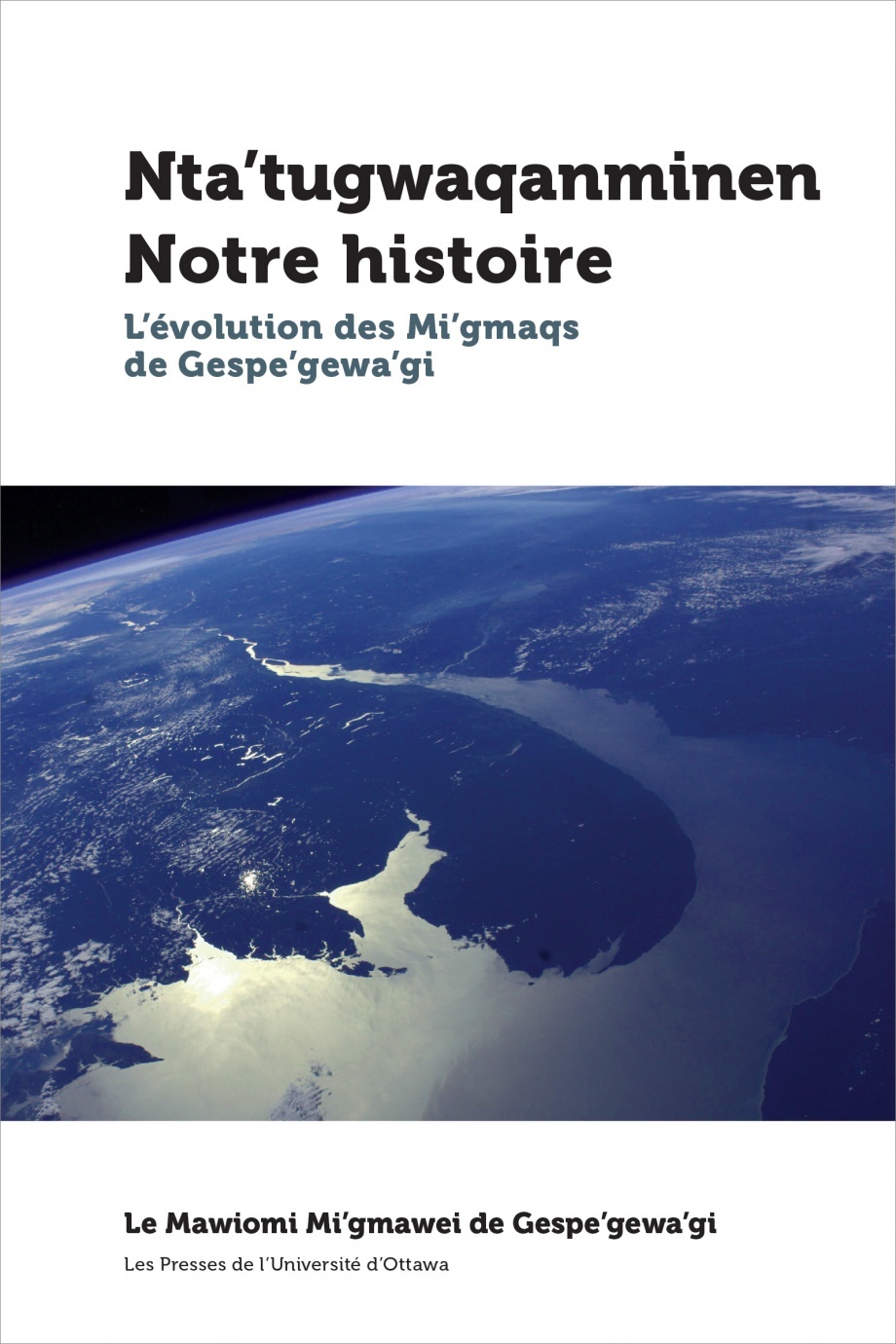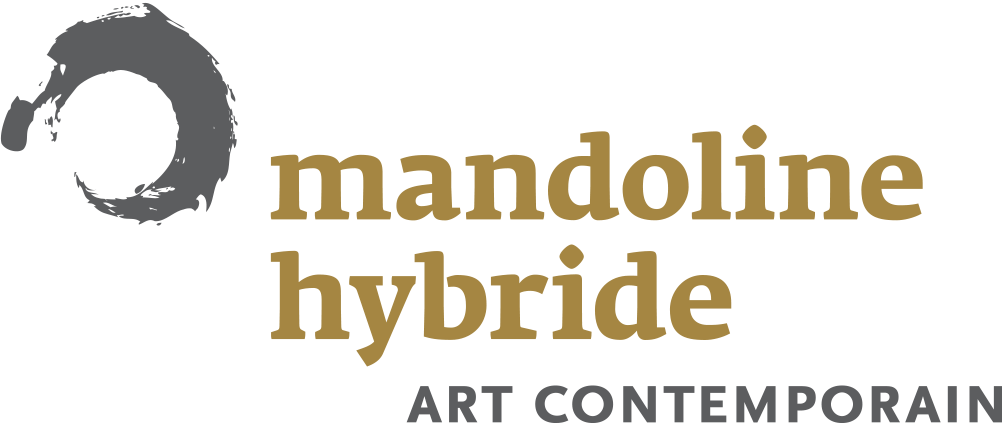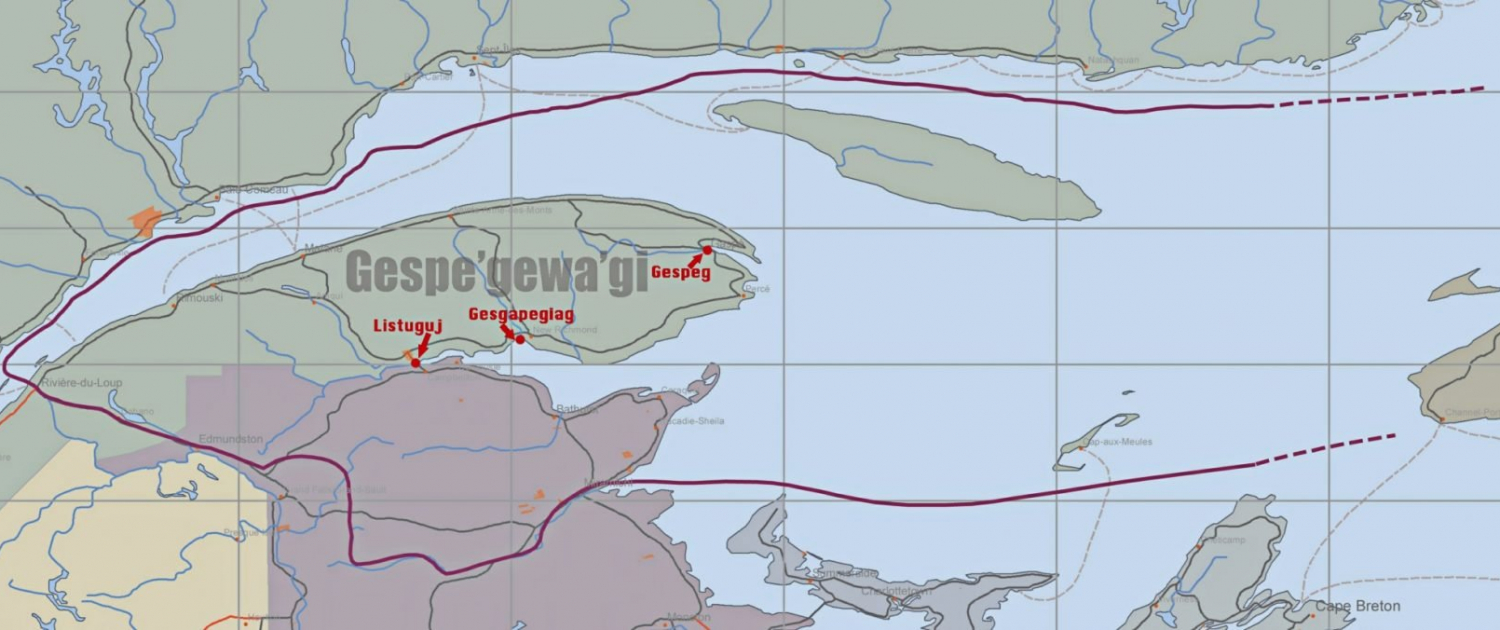Decolonization
With clear commitments, Mandoline Hybride aspire to help reduce inequalities and move the arts community toward healthier policies in terms of gender and sex equality, decolonization and diversification of artistic programming. Within its various projects as a presenter and place of residence, the presence of indigenous artists, racialized persons, members of queer and/or minority communities are envisioned as the norm, and not as an exception. The organization is committed to supporting the fight against colonial domination, sexism, racism and discrimination with concrete actions: targeted volunteer actions; circulation of discourses related to these struggles; setting up of structuring projects to stimulate the meeting between indigenous and allochthonous artists; attention to the enhancement of indigenous languages and traditions, recognition of the territory.
Land and water acknowledgment
We, the artists and collaborators of Mandoline Hybride’s company based in Marsoui, want to recognize that our activities and gatherings take place on traditional unceded lands and waters of the Mi’gmaq Nation. These traditional lands and waters are known to the Mi’gmaq community as the 7th District of Mi’gma’gi, Gespe’gewa’gi: The Last Land. In 1726, the Peace and Friendship Treaties were made between the nations of the Wolastoqiyik (Maliseet), the Mi’kmaq (Micmac) and the British Crown. The treaties in question did not contain a clause relating to the cession of lands and waters, but did recognize the Wolastoqiyik and Mi’kmaq title, setting the rules for what were to be peaceful and harmonious relationships between nations. We also wish to acknowledge that the coasts of the Saint-Lawrence River have been places for encounters, fruit picking, fishing and hunting for indigenous people since long before the first settlers arrived. Through art and community projects, our hope is to contribute to the ancestral movement of artistic exchange between peoples and to recognize our responsibility to renew our practices with respect for present and future generations.
 This acknowledgement was written in collaboration with Erika Gideon Marchand from Listuguj’s Mi’gmag community, and with the help of the book Nta’tugwaqanminen
This acknowledgement was written in collaboration with Erika Gideon Marchand from Listuguj’s Mi’gmag community, and with the help of the book Nta’tugwaqanminen
Our Story: Evolution of the Gespe’gewa’gi Mi’gmaq. Wela’lin!
Nta’tugwaqanminen provides evidence that the Mi’gmaq of the Gespe’gewa’gi (Northern New Brunswick and the Gaspé Peninsula) have occupied their territory since time immemorial. Read more >>>
Resource database
In this will to take part in real decolonial efforts, Mandoline Hybride puts at the disposal this resource database which can be used as a starting point or reference for a better apprehension of the questions involving Indigenous communities from here and beyond. This list is, of course, not exhaustive and constitutes an ongoing and evolving exercise. Mandoline Hybride invites its public, collaborators and friends to join this process. To participate in the growth of this database, please share your favorite resources with us by email!
Mi’kmaq Nations
- Micmac interpretation Site of Gespeg’s / Site whose mission is to highlight the Mi’kmaq culture of the Indigenous community of Gaspé through various interpretation activities;
- Mi’kmaq/Mi’gmaq/Micmac/Mi’gmaw Tlisuti / Facebook group promoting the Mi’kmaq language;
- Mi’gmaq Online / Online dictionary;
- Mi’kmaw Kina’matnewey / Collective voice for excellence in Mi’kmaq education, interests and rights;
- L’nui’suti / Mi’kmaw Language App (Apple store or Google Play).
Art, music and culture
- daphne / Non-profit, artist-run center based in Tiohtià:ke – Mooniyang – Montreal;
- Kuei! Kwe! / Radio program hosted by Melissa Mollen Dupuis Melissa that showcases the talent and audacity of First Peoples [in french only];
- Nikamowin / Indigenous music streaming platform;
- Hannenorak / Librairie indépendante située dans la communauté autochtone de Wendake;
- Reservation Dogs / Comedy series by Taika Waititi and Sterlin Harjo, produced, directed, written and starring Indigenous people;
- Wapikoni mobile / Organization that promotes the expression and creative talents of First Peoples through short films, music and XR creative projects;
- Afro Canada / Documentary series that traces the Afro-descendant presence in Canada through over 400 years of history;
- Aime ton cinéma – Indigenous cinema / Repertoire of Indigenous cinematographic works, gathered by the Regroupement des Distributeurs Indépendants de Films du Québec.
Cultural events
- Contemporary Native Art Biennial / Biennial event with a focus on recognizing and supporting contemporary Indigenous art and artists through programmed exhibitions;
- Kwahiatonhk: First Nations Book Fair / Every November in Quebec City.
Web sites
- She is Indigenous / Online campaign highlighting the strength and contributions of First Nations, Inuit and Métis women;
- Quebec Native Women / Organization representing First Nations women of Quebec as well as Indigenous women living in urban areas;
- Mikana / Non-profit organization whose mission is to work for social change by educating different audiences about the realities and perspectives of Indigneous peoples;
- Native Languages of the Americas / Online platform promoting Native American languages;
- Indigenous Canada / 12-lesson Massive Open Online Course (MOOC) from the Faculty of Native Studies at University of Alberta.
The team’s literary favorites (2025)
Mandoline Hybride administrator Alexia Vinci’s recommendations:
- Making Love with the Land, Joshua Whitehead (Penguin, 2024)
- A History of my Brief Body, Billy-Ray Belcourt (Penguin, 2021)
- La course de Rose, Dawn Dumont (Hannenorak, 2020)
- Akuteu, Soleil Launiere (Remue-Ménage, 2023)
Recommendations from Nadia Gagné, Mandoline Hybride administrator:
- Kuei, je te salue. Conversation sur le racisme, Natasha Kanapé Fontaine and Deni Ellis Béchard (Écosociété, 2021)
- Red Skin, White Masks: Rejecting the Colonial Politics of Recognition, Glen Sean Coulthard (Minnesota Press, 2014)
- C’est le Québec qui est né dans mon pays, Emanuelle Dufour (Écosociété, 2021)
The recommendation of Cédric Trahan, Communications Manager :
- Noopiming: The Cure for White Ladies, Leanne Betasamosake Simpson (Anansi Press, 2020)
Reference works
- Smith, Linda Tuhiwai. Decolonizing Methodologies: Research and Indigenous Peoples. Second edition.. London: Zed Books, 2012;
- Tuck, Eve, et K. Wayne Yang. « Decolonization Is Not a Metaphor ». Decolonization: Indigeneity, Education & Society, nᵒ 1 (8 septembre 2012);
- Simpson, Leanne Betasamosake. « Land as Pedagogy: Nishnaabeg Intelligence and Rebellious Transformation ». Decolonization: Indigeneity, Education & Society, nᵒ 3 (21 novembre 2014);
- Vizenor, Gerald. Manifest Manners: Narratives on Postindian Survivance. 1st Bison Books print édition. Lincoln, Neb.: Bison Books, 1999.


